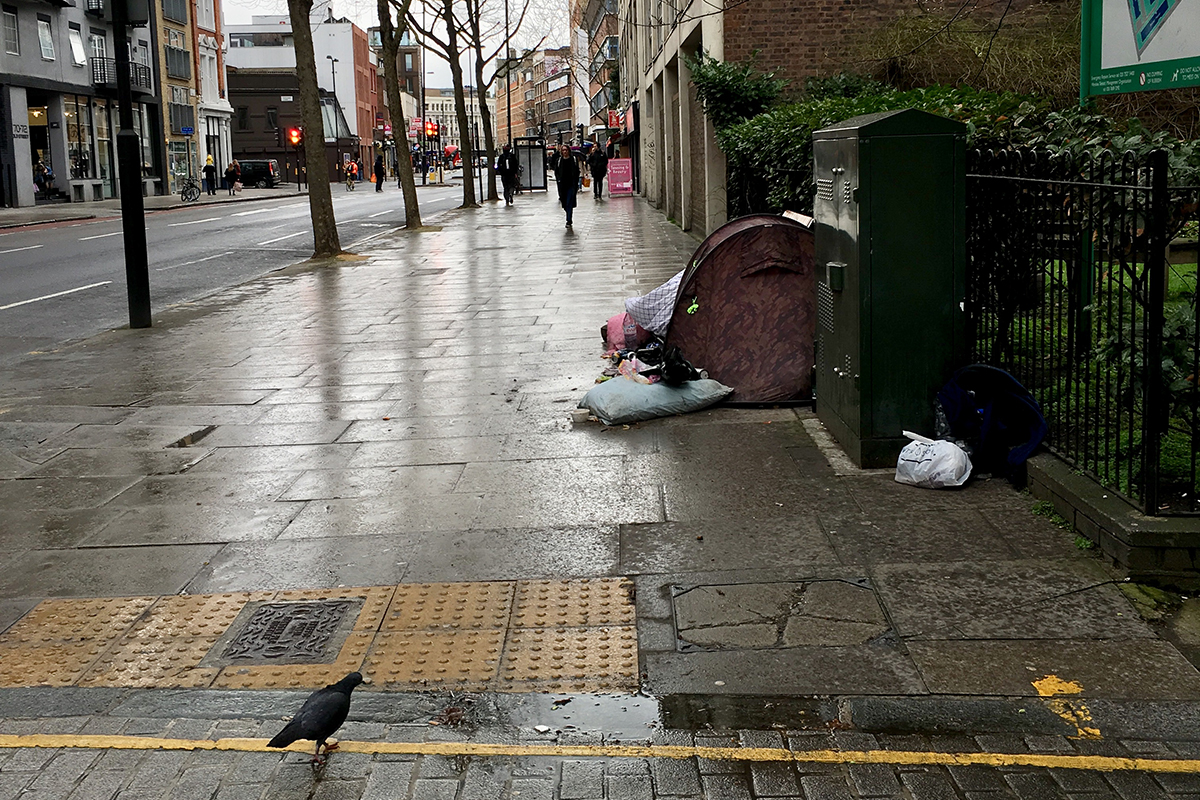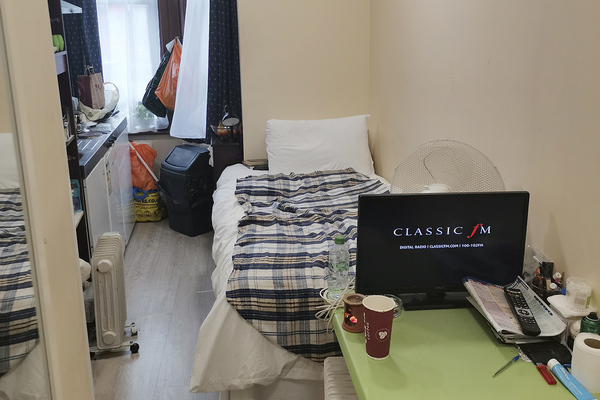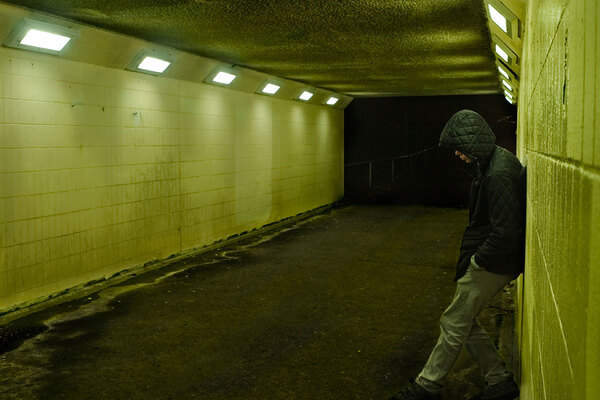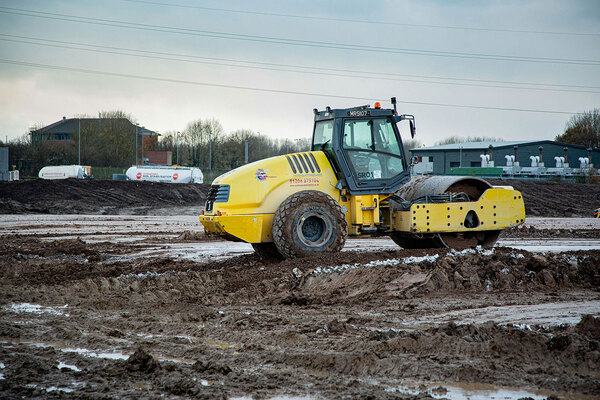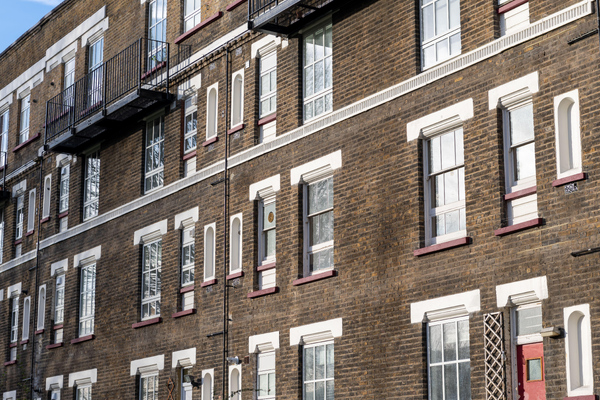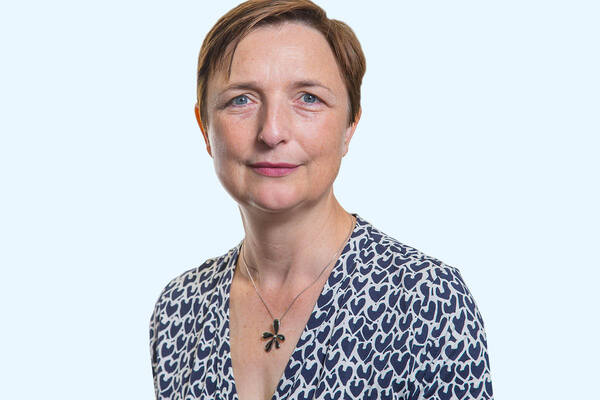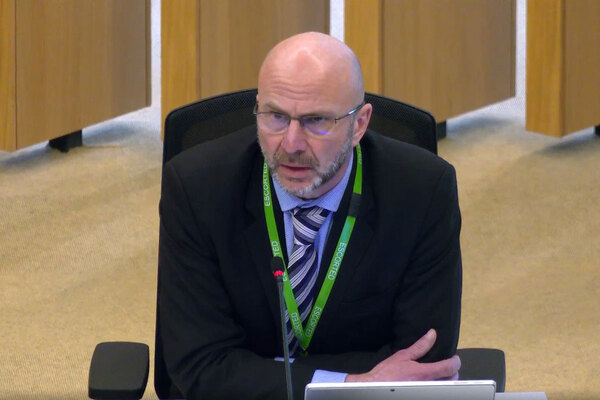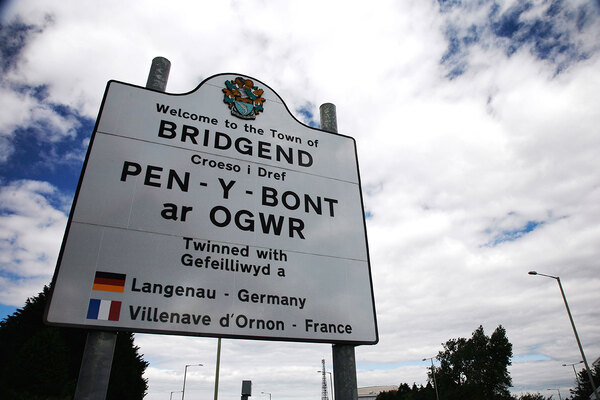You are viewing 1 of your 1 free articles
Up to nine times more women sleeping rough than government statistics say, research suggests
Nine times more women may be sleeping rough in England than are recorded by official rough sleeping data, according to a new study.
The London Women’s Rough Sleeping Census, compiled by a group of women’s and homelessness organisations, said its findings revealed a gender bias in the way the government counts people for its annual rough sleeping snapshot.
The 2023 report, released today (Tuesday 8 May), said 815 women were found by outreach teams during a week-long census exercise carried out in 41 local authority areas across England.
This compared with just 189 women found in the same areas by the government’s 2023 count. That exercise found 568 women across the whole of England.
In some areas, the contrast was even more stark: 188 women were found by the census in Greater Manchester, compared with five identified by the government’s count. In Coventry, 61 women were identified, while the rough sleeping snapshot found just one.
Across the country, the data indicated that the number of women sleeping rough could be between four and nine times higher than recorded by official figures, taking into account various local discrepancies and the fact some councils report zero rough sleepers for the government snapshot.
The London Women’s Rough Sleeping Census said its findings highlighted the ‘hidden’ locations in which women reported sleeping and sheltering.
These included A&E waiting rooms, on buses or trains, in squats, staying with strangers or simply walking round the whole night. The government’s count would not capture women in these situations, meaning their experiences go unrecognised and their homelessness is less likely to be resolved, the report said.
One woman who completed the census survey said: “I was scared to sleep outside in case anything bad happened to me… I think a lot of girls choose random places to stay, and there are a lot of homeless women.”
Another woman said she would “roam around and travel on buses”. She added: “As a female, you can’t just go to the corner of a road and sleep – it’s not safe.”
The coalition of organisations behind the study, which includes Solace, the Single Homeless Project and Change Grow Live, called for changes to the way women’s rough sleeping is recognised, counted and responded to.
It said the government must make its homelessness policies gender-informed, by moving away from basing theory and practice on men’s experiences, and using the census findings to “provide an equitable response to those who are rough sleeping”.
All official data collected on rough sleeping should be subject to an equalities impact assessment, the group added, and the government should also resource the women’s rough sleeping census and support local authorities to carry it out.
Nahar Choudhury, chief executive of Solace, said the findings showed “an urgent need for policy reform to ensure fairness, accuracy and inclusivity in data collection, as well as highlighting the need for collaborative efforts between all local authorities to deliver the census in their area, giving a more accurate representation of groups”.
She added: “We know all too well the dangers women face when homeless and the well-evidenced link between domestic abuse and homelessness. It’s important that policymakers acknowledge this and implement the changes needed.”
Lucy Campbell, head of multiple disadvantage at the Single Homeless Project, said: “The body of evidence shows women’s needs are not being met, largely due to current government policies and practices, which are based predominantly on the experiences of men.
“This is an equalities issue that needs urgent attention from central government so women experiencing this devastating form of homelessness are not further marginalised by the support systems that are meant to help them.”
Inside Housing has approached the Department for Levelling Up, Homes and Communities for comment.
Sign up for our homelessness bulletin
Already have an account? Click here to manage your newsletters
